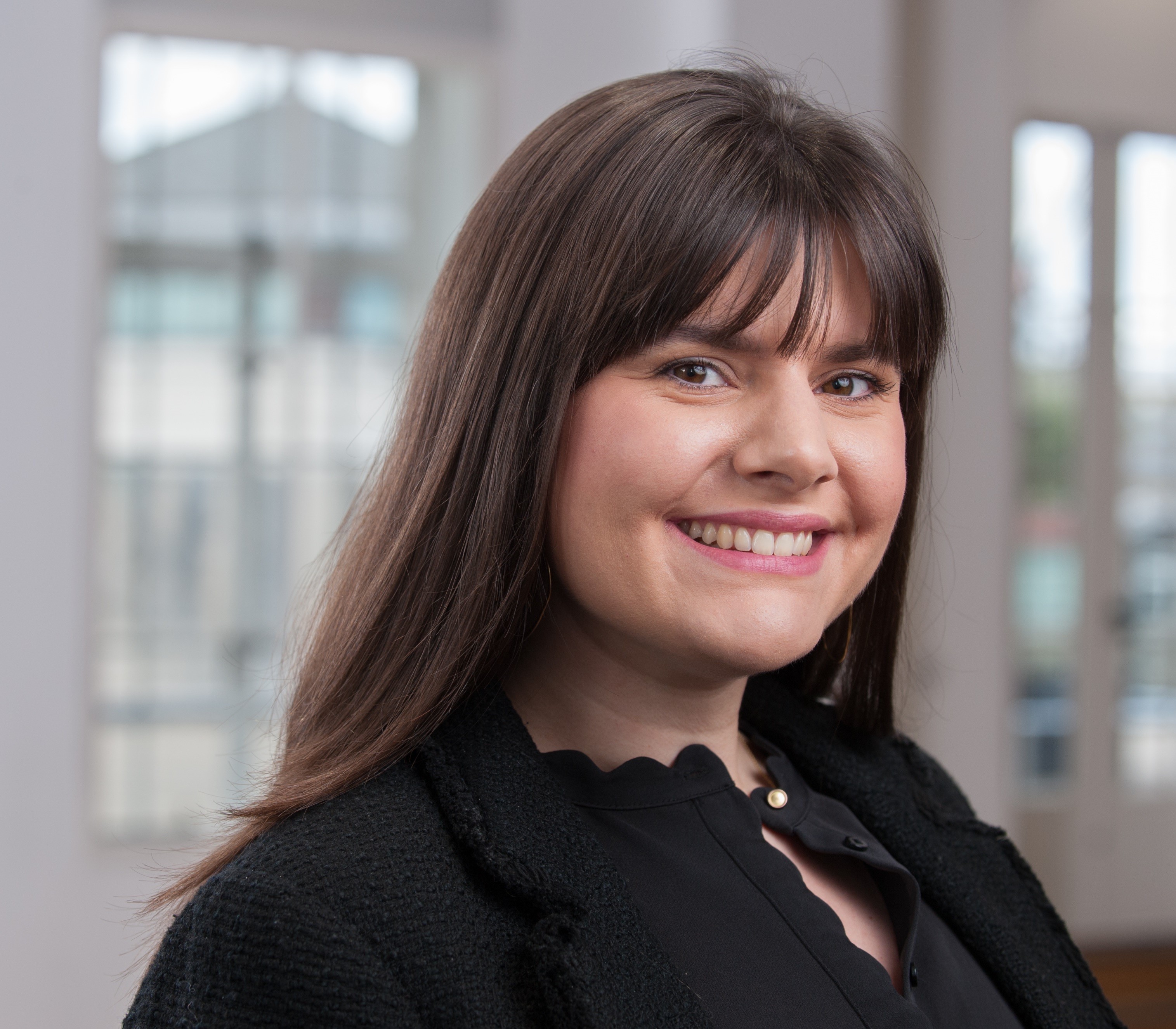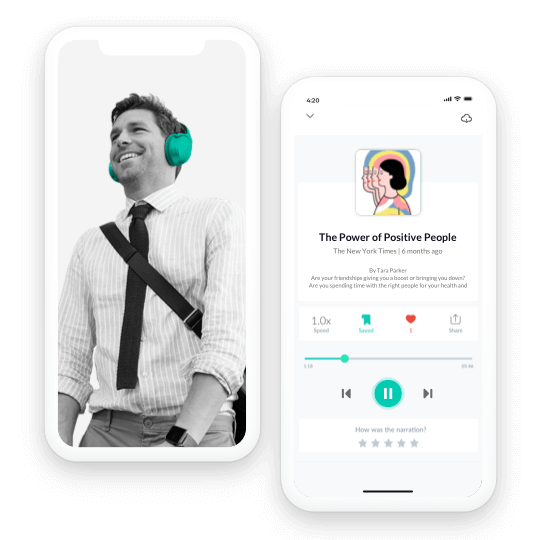Anisia Bucur (MSc Public Management and Governance, 2015) is a Doctoral Researcher at King’s College London. In this blog, she describes her career journey, her time at LSE, and how success doesn’t have to lead to burnout.
Welcome to our first Alumni Interview series, Anisia. We are delighted to speak with you.
Tell us about yourself.
I am a doctoral researcher at King’s College London studying the career stories of investment bankers who work in high-pressure, high-stake jobs—I’m looking at what drives people to be in this industry and the extent to which these career pathways are sustainable or not for individuals themselves. I also work as a coach helping professionals to navigate challenging work environments and manage career transitions. Prior to my PhD, I worked in the financial services industry within the conduct risk and compliance division at Barclays, in London. I am originally from Romania and moved to the UK in 2011, which I’ve called home ever since.
Describe your time as a student at LSE.
I came to LSE as a postgraduate student and spent a stimulating year doing my master’s. The thing that struck me was feeling like I had joined a group of like-minded peers that shared similar interests and values: making a positive impact in the world and wanting to deepen our knowledge to do it in the right way. I felt energised by this community of peers, which is one of the things I’ve valued the most during my time at the LSE. Looking back, I’ve always felt like it was one of the happiest years of my life for this very reason. The LSE environment was intellectually stimulating and intense, I valued being exposed to new ways of seeing and thinking about pressing problems in our contemporary world.
I’ve always felt like it was one of the happiest years of my life for this very reason.
How did your Department of Management (DoM) degree help you get your current role?
My DoM degree was instrumental in my career change from the corporate sector into academia when I decided to embark on my PhD journey. I completed my master’s degree at the LSE before joining the corporate sector, which made it easier to make a shift later in my career. I was academically equipped to successfully apply for a PhD programme and the reputation of LSE supported me in demonstrating my research abilities and get funding for my project.
How has DoM shaped your life?
DoM provided an intellectual blueprint for thinking about the world which continues to serve me to this day. I have also forged friendships that have lasted after the programme ended, and one of my closest friends is a DoM alumna herself. It shaped my life both from an intellectual and relational perspective. I’ve also collaborated with other DoM alumni on projects, for example, I delivered a career change workshop for the LSE Colombian Alumni Association. I’ve also returned as a guest teacher on an organisational behaviour and leadership course.
What piece of advice do you wish you were given during your time at LSE?
LSE tends to attract ambitious, high-achieving, students who want to do well for themselves and others after they’ve left LSE. While this can translate into professional success, it can also make us prone to burnout and overwork in professional settings. So, I wish I’d knew how careful we must be to balance out our desire to do well with taking care of ourselves, especially in work cultures that can be very demanding of us. What brought us here in the form of academic achievement and effort isn’t necessarily what will bring us to the next stage of our careers. It’s ok to slow down and not do everything all the time, which takes some courage because it may be counterintuitive to our traditional recipe for success.
It’s ok to slow down and not do everything all the time, which takes some courage because it may be counterintuitive to our traditional recipe for success.
Where do you see yourself in five years?
I ask a version of this question in my own research interviews and always add that I’m not looking for a definite answer, but rather a picture about how people see their future. It helps people soften and give an authentic response. I will do the same: I want to amplify the work that I’m doing in my current research and help more professionals achieve a satisfying career in which burnout and success don’t have to go hand in hand.
What was your favourite study/hang out spot?
My favourite hangout spot was the outdoor terrace at the Fields Bar & Kitchen in Lincoln’s Inn Fields.
What three words would you use to describe DoM?
Energising, stimulating, intense.
Connect with Anisia on LinkedIn
Get involved with our alumni, volunteering opportunities and connect with the Department of Management.






